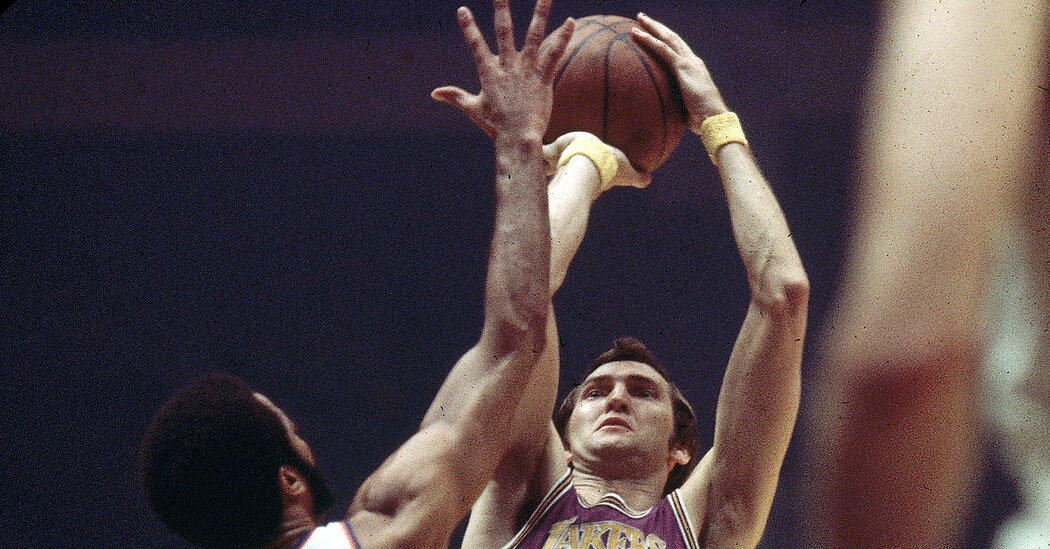West led the Lakers to an NBA-best 53-29 record in his first season as head coach and had Abdul-Jabbar named the league’s Most Valuable Player, but the Lakers lost in the playoffs to the Portland Trail Blazers, led by Bill Walton, who died last month. Two years later, Los Angeles lost again to the eventual champion Seattle SuperSonics.
West’s win-loss record during his three seasons as coach was 145-101, an impressive resume, especially considering he had no coaching experience at any level. But it was not a rewarding experience.
Abdul-Jabbar had two other embarrassing incidents. In one, he punched Milwaukee Bucks center Kent Benson after Benson elbowed him in the stomach, breaking his hand. A few weeks later, one of the most shocking and upsetting events in league history occurred. On December 9, 1977, during an on-court brawl between the Lakers and Houston Rockets, Lakers forward Kermit Washington punched Rockets forward Rudy Tomjanovich in the head, nearly killing him.
Becoming an Executive
In his 2010 biography of West, Roland Lazenby wrote that West “was convinced that talent trumps coaching in the basketball business” and that West did not like sitting on the bench after Cook sold the team after the 1979 season, even though new owner Jerry Buss wanted West to stay. However, West was interested in player evaluation and serving as a team executive, and in 1982, after the season in which Abdul-Jabbar and Magic Johnson led the Lakers to their second championship in three years, Buss appointed West general manager.
West was a proactive team builder, and his draft picks included several players who became Lakers workhorses: James Worthy (1st overall pick in 1982 over Dominique Wilkins), A.C. Green in the first round in 1985, and Vlade Divac in the first round in 1989 to replace Abdul-Jabbar, who retired after two decades of dominating the game.

